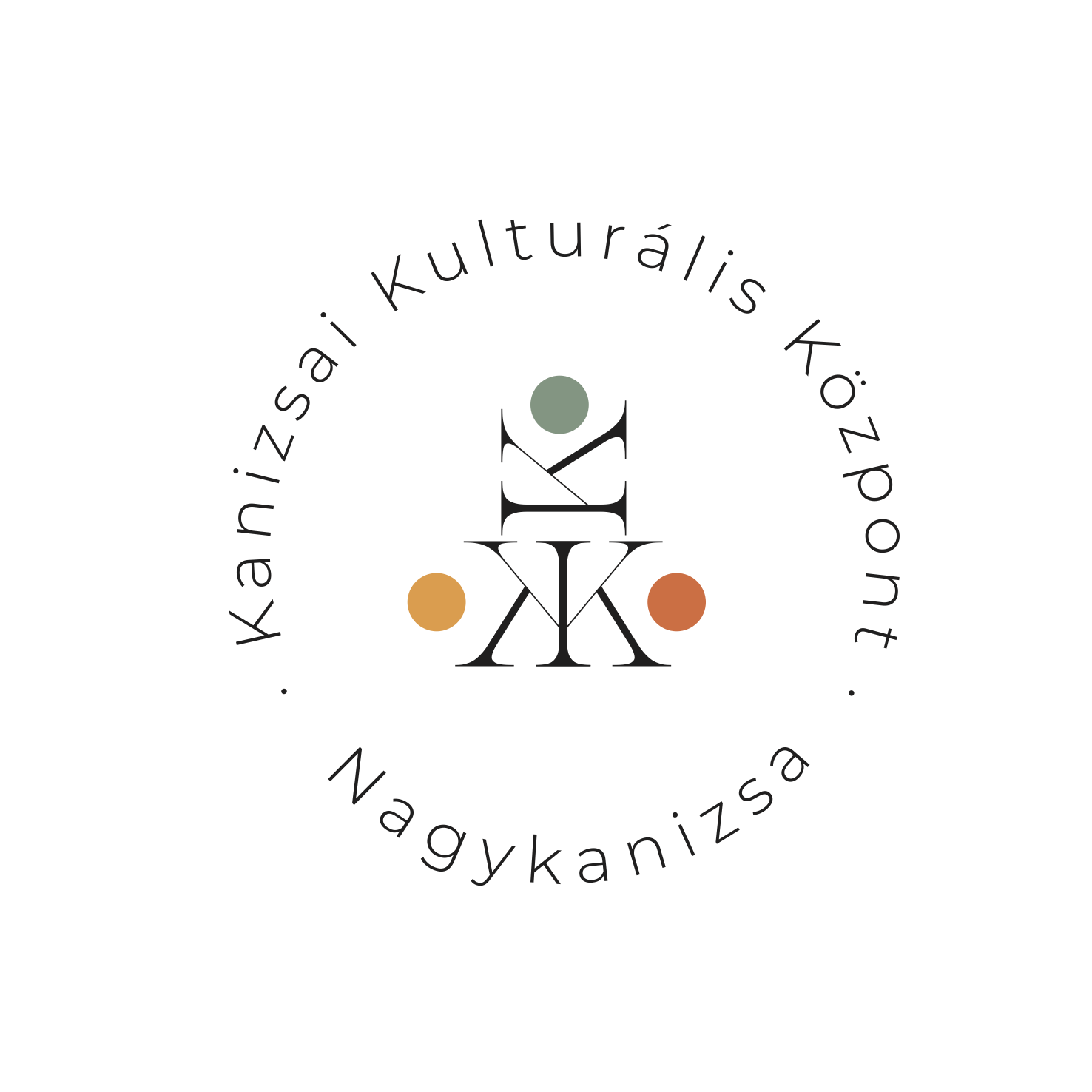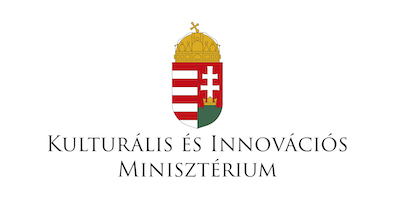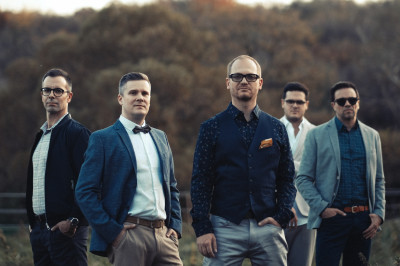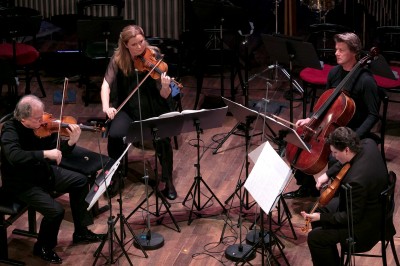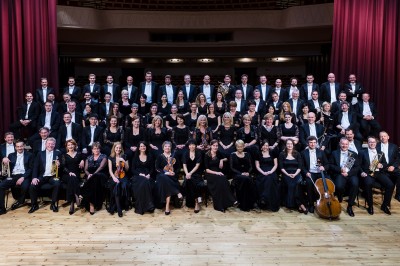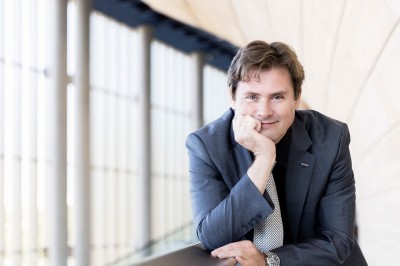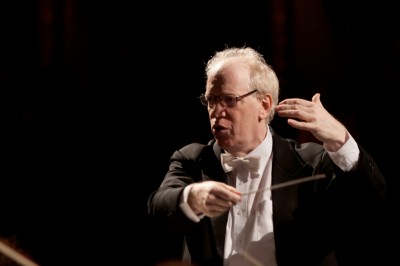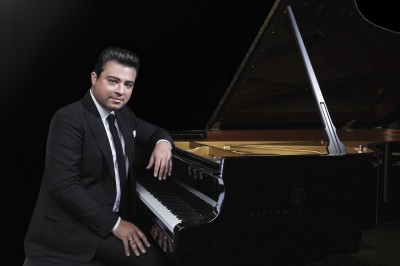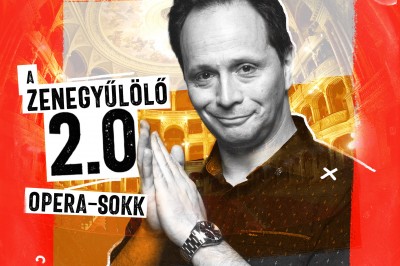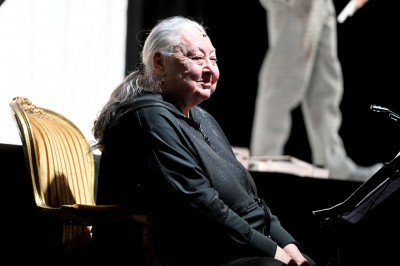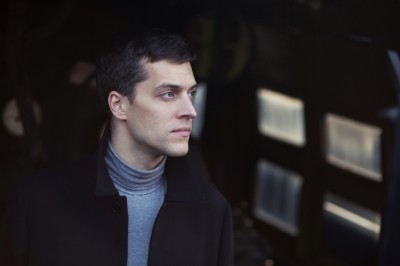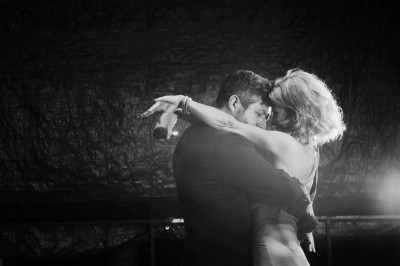
Tickets and season tickets can be purchased at the Hevesi Sándor Cultural Centre information desk (Nagykanizsa, Széchenyi Square 5–9; +36 93 311 468), as well as online at www.jegymester.hu.
Ticket discounts:
We offer a 10% discount for students and pensioners.
Filharmonia Hungary season ticket holders can purchase tickets with a 20% discount by showing their season tickets! The discount can be applied to one ticket per concert per subscription.
Individual discounts cannot be combined!
We reserve the right to change the programmes, dates, venues, and performances, and ticket prices may change accordingly.
Ever since humankind began to sing, most songs with lyrics have been about love.
In fact, if we look closely, whenever a song isn’t sacred in nature, love almost always finds its way into it—sometimes directly, sometimes in metaphor.
But how is love expressed in instrumental music?
If not through words, then through what?
And why do we all seem to agree that certain melodies or harmonies unmistakably evoke the feeling of love?
These are the questions explored in the Danubia Orchestra’s concert, where it is the instruments themselves that fall in love.
Mozart’s overture presents love from the side of intrigue, as the opera it introduces tells the story of two men who test the fidelity of their lovers for sport.
Liszt’s Liebesträume (“Dream of Love”) was originally a song before it became world-famous as a piano piece—here performed in its orchestral version. Few remember the poem that inspired it, yet everyone can sense in the music the awakening, rekindling, and enduring power of love that survives all storms.
The story of Romeo and Juliet has inspired countless composers, among them Tchaikovsky, whose symphonic fantasy unfolds like an action-packed film in the listener’s imagination.
Glinka’s Ruslan and Lyudmila overture celebrates the triumph of love fulfilled.
Shostakovich’s waltz blends classical music, jazz, and popular song—a wistful longing for something or someone just out of reach.
And the tender, melancholic love themes of Francis Lai (Love Story) and Henry Mancini gently lead us to Rezső Ott’s work, which brings together the history of love songs and ballads into a single, unified composition.
Danubia Orchestra
István Horváth - tenor
Máté Hámori - conductor
PROGRAMME:
Mozart: Così fan tutte - overture
Liszt: Dreams of Love, No. 3.
Tchaikovsky: Romeo and Juliet - Fantasy Overture
Glinka: Ruslan and Lyudmila - overture
Berlioz: Symphonie Fantastique, II. The Ball
Shostakovich: Variete Suite No.2 for Orchestra, VI. Second waltz
Lai - Mancini: Love Story - theme
Rezső Ott: Love(song hi)story



